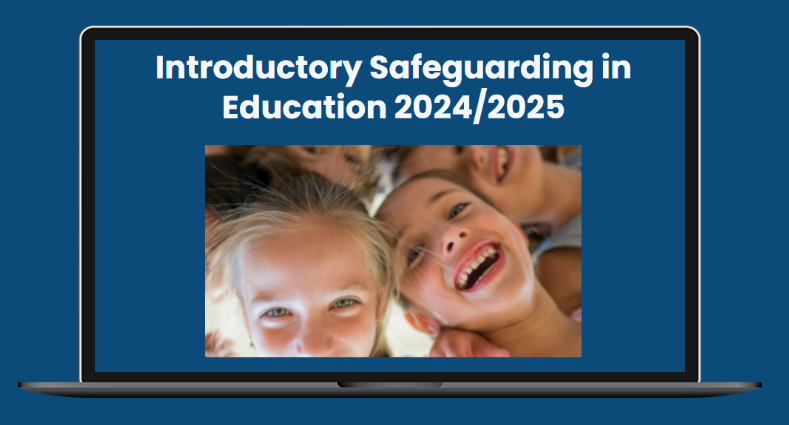One of the most important messages for school leaders is that Ofsted does not inspect AI tools in isolation. Inspectors won’t evaluate the technology itself, nor is AI considered a separate judgement area. Instead, inspectors will look at how AI is used and what effects it has on pupils, staff, and the broader educational environment. AI may be considered during an inspection, but only in terms of how it contributes to, or hinders, areas that are already part of the inspection framework.
Inspectors are not coming into schools to search for evidence of AI usage. If AI is not relevant to a particular inspection or plays no notable role in how the school is run or how pupils are taught, it may not be mentioned at all. However, if AI is playing a prominent role—for example, in lesson delivery, pupil assessment, pastoral support, or back-office functions—inspectors will consider how its use supports or undermines the quality of provision.
Critically, inspectors are not expected to understand the technical details of the AI systems in use. The focus will remain firmly on the outcomes of using AI, especially its implications for learners, data protection, and staff workload.
Although schools are under no obligation to adopt AI, Ofsted is interested in how school leaders make decisions about its use. This includes evaluating whether leaders have thought carefully about the appropriateness and impact of AI tools they’ve implemented.
Inspectors will want to see that any use of AI aligns with the school’s values and supports the best interests of pupils. They may explore whether leaders have weighed potential risks, such as bias or safeguarding concerns, and whether AI contributes meaningfully to teaching, learning, or school operations. Ultimately, it is not about whether AI is used, but how thoughtfully and responsibly it is managed.
Given the rise of AI-powered tools available to pupils and staff—both in and out of school—Ofsted recognises that schools must take a measured approach to monitoring and managing this use. If issues arise related to AI, such as academic misconduct through generative AI tools or inappropriate content generation, inspectors will want to understand how school leaders respond and what preventative measures are in place.
Schools are expected to have clear policies that set expectations for both staff and students. This may include guidance on the use of AI in homework, classroom activities, and assessment, as well as protocols for dealing with misuse. Inspectors will also be alert to how well these policies are communicated and understood across the school community.
While AI is not judged in its own right, the risks associated with its use are considered as part of existing inspection criteria. For example, if a school uses AI tools that process pupil data, inspectors may look at how the school ensures compliance with data protection laws. If AI is used in decision-making processes, there may be questions around bias, discrimination, or fairness—especially in relation to the school’s duties under the Equality Act.
Safeguarding is another critical area. AI tools that interact with students—such as chatbots or platforms that collect behavioural data—need to be used in ways that maintain pupil safety and privacy. Ofsted will examine whether school leaders have considered these risks and have appropriate strategies in place to manage them.
- Ofsted supports innovation but focuses on impacts, not tools.
- Leaders should take a proactive, thoughtful approach to AI use.
- It’s about good governance, ethical deployment, and ensuring real benefit and clarity for pupils and staff.
- Audit current AI use—classroom, admin, safeguarding.
- Clarify roles in monitoring and decision-making.
- Embed policies that reflect data, bias, safeguarding safeguards.
- Train staff/pupils in responsible AI use.
- Prepare evidence of these strategies for future inspections.
If you haven’t yet explored the newly released Department for Education training, ‘Using AI in education settings: support materials’, we strongly recommend taking a look. It provides valuable insights and guidance to help schools and colleges make informed, safe, and effective decisions about AI use.
At Prospero Learning, we’re developing a series of online courses designed to support the practical application of this DfE content. These courses will be tailored for school and college leaders, classroom practitioners, and support staff.
We anticipate launching the first courses in September—keep an eye out for updates.


